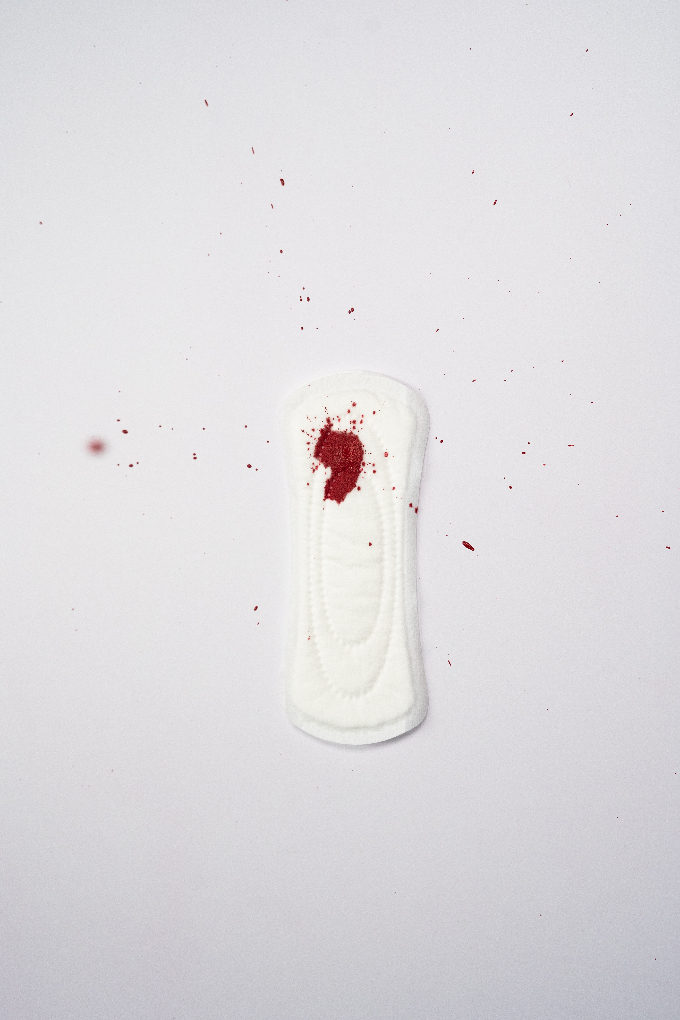A period is a girl’s first step to into womanhood. While irregular periods are normal at first when your body is adjusting to the monthly cycles, at a later stage, it can become a cause for concern. Allow us to break down the common causes of irregular periods for you.
How Do I Know If My Periods Are Irregular?
To understand irregular periods, you should first know what is considered a “normal period.” The range of normal for the length of your menstrual cycle is 24-38 days, meaning the number of days between the first day of your period in one month to the first day of your period in the next month. Anything shorter than 24 days is considered too frequent, and anything longer than 38 days is considered infrequent.
Normal periods should usually be less than 8 days. It’s often normal to have spotting, or dark brown blood on the last few days that may linger, and shouldn’t be of concern if this passes 8 days. If you are having heavy flow lasting longer than 8 days with multiple cycles, then this is not normal and a gynaecologist should be consulted.
In terms of flow, every woman is different and interprets the heaviness of their flow differently. If you are passing large clots (greater than the size of a lemon) regularly which each menses, and start to show signs of anaemia (weakness, fatigue, dizziness, shortness of breath), then it is important to consult a gynaecologist to figure out what could be the cause.
The best thing to do before seeing a gynaecologist is to keep a periods diary or a menstrual journal where you keep track of what day, how long, how heavy your periods are (you can keep track of the number of pads or tampons you use per day), as well as other accompanying symptoms such as heavy cramping, backaches, leg aches, headaches, or nausea/vomiting. In addition, any bleeding outside your period is also considered abnormal.
Common Causes of Irregular Bleeding
Now that you can identify if your bleeding pattern is irregular, here are some common causes.
- Contraception: Often a major culprit of irregular bleeding, especially when first starting to use them. When you start the pill or if you don’t take it regularly you may have some breakthrough bleeding in between your cycle. If this continues to happen for several months, the dose of your birth control pill may have to be adjusted. The pill also tends to make your periods lighter. The Depo Shot and Implant: these two are notorious for causing unpredictably bleeding which can sometimes be a nuisance. Generally, this gets better with time, and most women experience lighter periods or no periods. IUD’s can either be hormonal or made of copper. For the first 3-6 months after insertion, hormonal IUDs can also cause irregular bleeding, then lighter periods or no periods (and this is normal and okay – you don’t have to have a period on these methods!). The copper IUD can cause heavier and more extended periods for the whole time that you have it. It’s important to know that your periods may be affected by these types of birth control methods but is not usually a reason to be concerned, if you’re using them correctly then they are working!
- Too much exercise: You might think…no such thing as too much exercise! And yes, moderate exercise is very important to keep you healthy. Excessive exercise can cause menstrual dysfunction, and it is widespread in professional athletes. When you are doing heavy training, like for the Olympics, then your body recognizes that you are using all your energy for exercise, and do not have enough left over to have a baby, therefore it temporarily stops your menstrual cycle. Decreasing your physical activity is enough to get back to monthly cycles.
- Polycystic Ovary Syndrome (PCOS): One of the primary symptoms of PCOS are irregular periods where you have infrequent or no periods. This is caused by hormone imbalances that disrupt the hormones that control your menstrual cycle. Since this is a syndrome, you also either have to have signs of excessive male hormones that show up as extra hair growth or acne, or an ultrasound that shows lots of small cysts on your ovaries.
- High Stress: Severe stress can increase the production of stress hormones like adrenaline and cortisol, which can then disrupt the hormones controlling your menstrual cycle. This leads to irregular periods. Anxiety or a recent traumatic event can throw your hormones out of whack.
- Thyroid Problems: Menstrual irregularities can be caused by either overproduction (hyperthyroidism) or underproduction (hypothyroidism) of your thyroid hormones. Thyroid hormones are the main hormones that control your metabolism. Usually, when these levels are imbalanced, it can lead to infrequent or absent periods and sometimes heavier flow.
- Uterine fibroids: These are extremely common benign overgrowths of muscle tissue that resemble pearls and form in or on the walls of the uterus. Up to 30% of women have them, but often they don’t cause any problems. Sometimes, if they’re big enough or located in the inner lining of the uterus, known as the endometrium they can cause abdominal pain or pressure or very heavy or prolonged periods lasting more than 8 days leading to anaemia. Usually, these are diagnosed with an ultrasound, so see your gynaecologist if you have these symptoms.
- Polyps: These are also common benign growths that resemble mushrooms and can grow in various parts of your body. For women, it can lead to irregular bleeding if they grow in the endometrium, the inner lining of the uterus, or on the cervix. If one grows on the cervix, it can cause spotting in between your periods, bleeding after sex or pain during sex. If one grows in the endometrium, which is very common for women in their 40s, it can lead to heavy, prolonged periods.


So, When Should You Consult A Doctor?
Keep your eyes peeled for these few warning signs :
- You miss your periods three or more time a year.
- You get your period more frequently than every 21 days or longer than 38 days.
- You bleed more heavily than your regular cycle for multiple months, signaling a change in your cycle.
- You bleed for more than eight days.
- You experience severe pain during periods not relieved by over the counter medications or heating pads .
What Kind of Treatment Options Are There?
This is not a comprehensive list of all the causes of irregular bleeding, and it’s important to see a gynaecologist who can help diagnose why you are having irregular bleeding. The treatment for irregular bleeding will depend on the cause of your bleeding and can vary from simple things like lifestyle changes and medications to more invasive treatments like a procedure or surgery.
If you think you might have irregular periods, keep a menstrual diary to track your symptoms, or use one of the period tracking apps available for your phone. Once you’ve collected some data, consult a trusted gynaecologist on Veera now to understand your irregular periods.
Stay healthy!
Reviewed by Dr. Shailly Prasad, MD/MBA. Resident Physician. Obstetrics & Gynecology.
Disclaimer: Content on Veera is provided for informational purposes only and is not intended as medical advice, or as a substitute for medical advice given by a physician.
References:[1] Kaunitz, A. M. (Dec 2019). Approach to abnormal uterine bleeding in nonpregnant reproductive-age women. UpToDate.[2] Singh, K., Agarwal, C., Pujani, M., Raychaudhuri, S., Sharma, N., Chauhan, V., Chawla, R., Ahuja, R., & Singh, M. (2019). A Clinicopathological Correlation of International Federation of Gynecology and Obstetrics’s PALM-COEIN Classification of Abnormal Uterine Bleeding: Indian Scenario. Journal of mid-life health, 10(3), 147–152. https://doi.org/10.4103/jmh.JMH_128_18


















